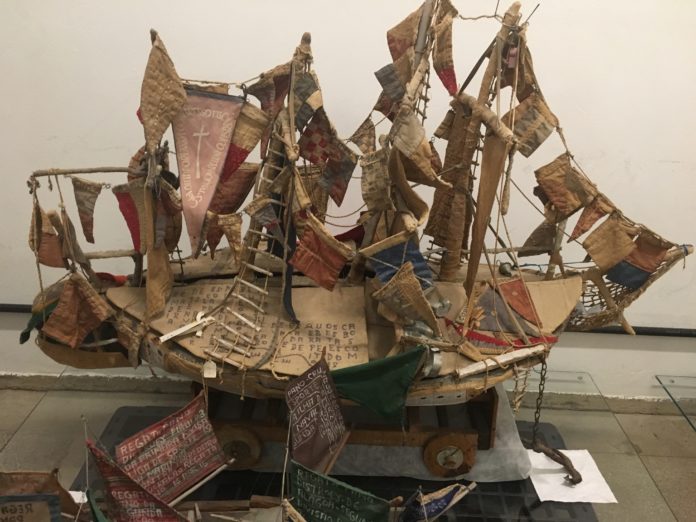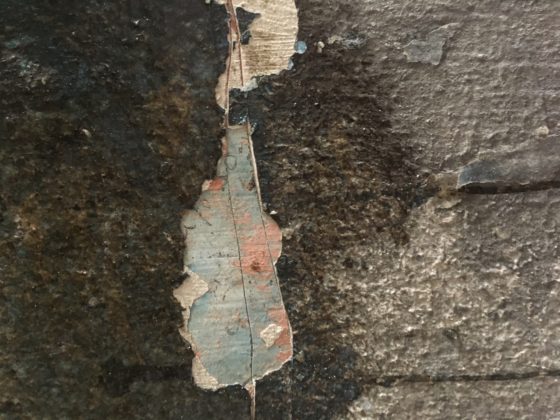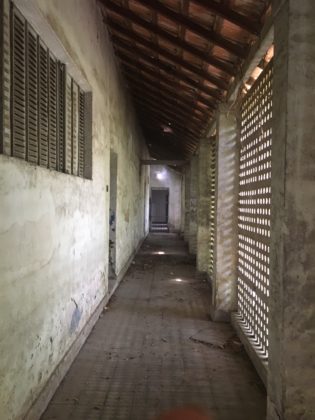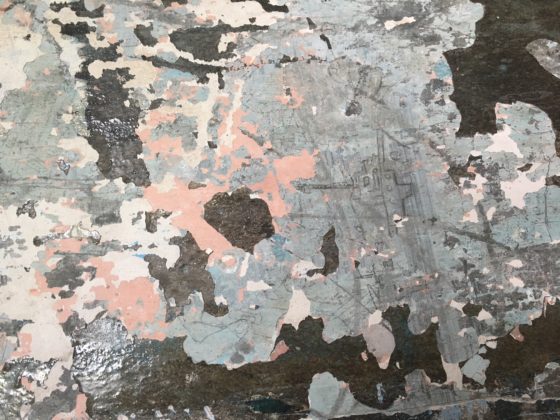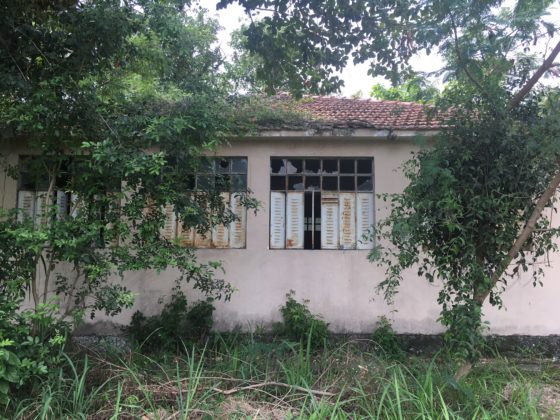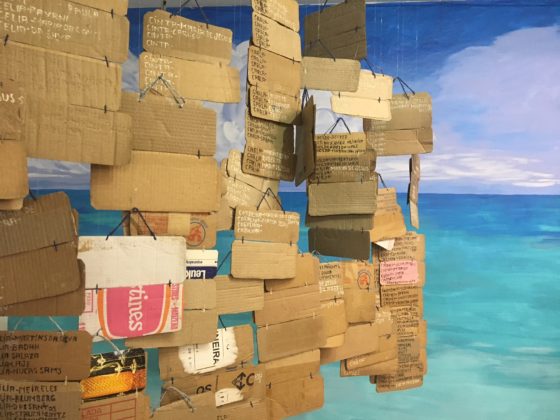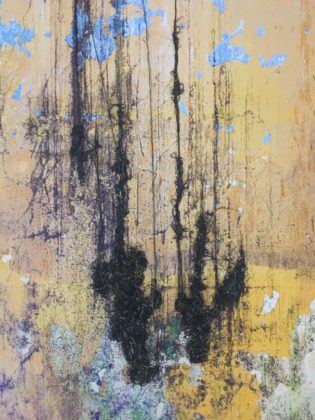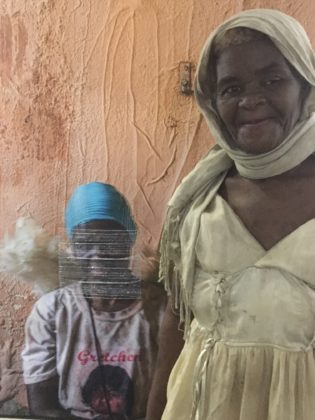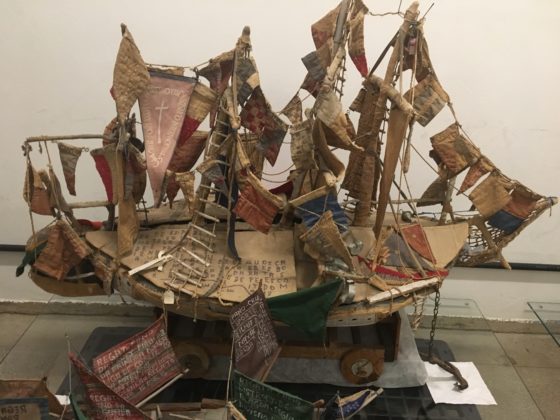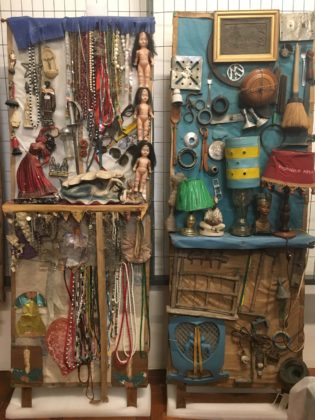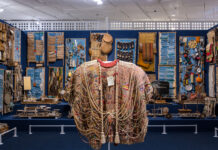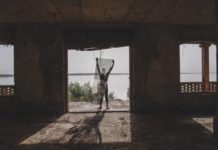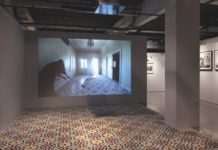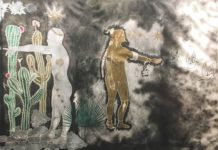D
iagnosed as a paranoid schizophrenic, Arthur Bispo do Rosário lived for almost 50 years, between entrances and exits, as an intern of psychiatric, in hospitals in Rio de Janeiro. He took advantage of the precarious materials that surrounded him to recreate the world in a priceless work. From the threads of his own uniforms, he created cloaks and fabrics. He also conceived sculptures and murals covered with objects that he compulsively collected, assembling an entire parallel universe.
Deceased in July 1989, the artist’s work has been revisited, restored, sanitized and cataloged since the end of 2016. In September 2019, the Bispo do Rosário collection was listed by the Institute of National Historical and Artistic Heritage (Iphan), by unanimous decision of its advisory board.
With sponsorship from the Marcos Amaro Foundation (FMA), the Bispo do Rosário Museum of Contemporary Art, in Rio de Janeiro, will incorporate into its current space, where the exhibition area and the restoration collection, one of the pavilions of the former Juliano Moreira Colony, hospital where the artist lived for many years. The building, which has to be completely restored, houses the cell occupied by Bispo, who saw it as a kind of studio.
“The walls of the cell where Bispo do Rosário lived are completely filled with drawings that have been covered with layers of paint over the years. We will remove them gradually, in a process of restoration of the original coat of paint, in an attempt to reveal the whole creative universe of the Bishop printed on those walls”, says Ricardo Resende, curator of the Museum and also of the FMA. Once restored, the cell will function as a permanent exhibition space for the works of the Sergipean artist. “The idea is precisely to present to the public his work in its natural environment, where it was created – even because the Bispo’s work gains meaning, significance and potency of immeasurable proportions when contextualized in that asylum landscape”, he comments.
For the beginning of the pavilion restoration project, the Marcos Amaro Foundation donated to the Rio de Janeiro institution the amount of R$ 350 thousand. In 2017, the foundation supported the readjustment and renovation of the museum’s current technical reserve. In early 2018, the incentives were for the readjustment of the current exhibition halls, ensuring better museological conditions of exhibition for the work. “With this support, the FMA reaffirms its purpose not only to boost contemporary production by creating awards and residencies for young and active artists, but also for the preservation and conservation of contemporary Brazilian art”, says Raquel Fayad, Managing Director of the foundation.
“This procedure is the largest ever performed on contemporary works of art in Brazil. The method consists of removing oxygen from a structure built precisely for this purpose, a hermetically sealed bubble, where half of the work of Bispo do Rosário was accommodated in its first stage. From there, through a mechanism, all oxygen was removed from its interior leaving only hydrogen ”, explains Ricardo Resende. “This process ensures effective elimination of termites, fungi or any other asphyxiation microorganism. It is a technology that does not affect the work, it is extremely fragile, and requires the utmost care”.
UTOPIAS: Life for All Times and Glory is currently on display at the Museum’s headquarters, which continues the Museum’s proposal to guarantee and expand access to art and culture outside the conventional axes of the city. Curated by Diana Kolker and Ricardo Resende, the exhibition features works by Atelier Gaia artists, linked to the Bispo do Rosário Museum, and works by artists Pola Fernandez, Val Souza, Ercilia Stanciany, Veridiana Zurita and Seu Hernandes José da Silva, invited to participate in the Casa B residency program.
Pola Fernandez’s work was also exhibited at the opening of the exhibition Bispo do Rosário: Things of the World, opened at the Marcos Amaro Art Factory (FAMA), in Itu, São Paulo, in September.

